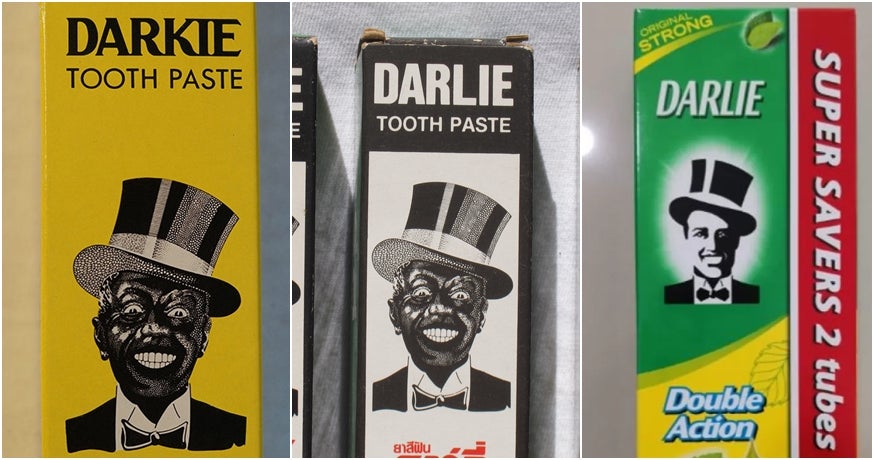What’s your favourite brand of toothpaste? For most Malaysians, it’s probably a split between Colgate and Darlie. Traditionally considered to be competitors in the mind of consumers, did you know that Colgate actually owns the Darlie brand? *mind blown* And they are also planning to rename the toothpaste entirely, in light of the ongoing #BlackLivesMatter movement and the toothpaste’s own origins.
So what are the origins of Darlie toothpaste? In order to find out, we need to go back to the very beginning of the brand itself, over 87 years ago, in Shanghai.
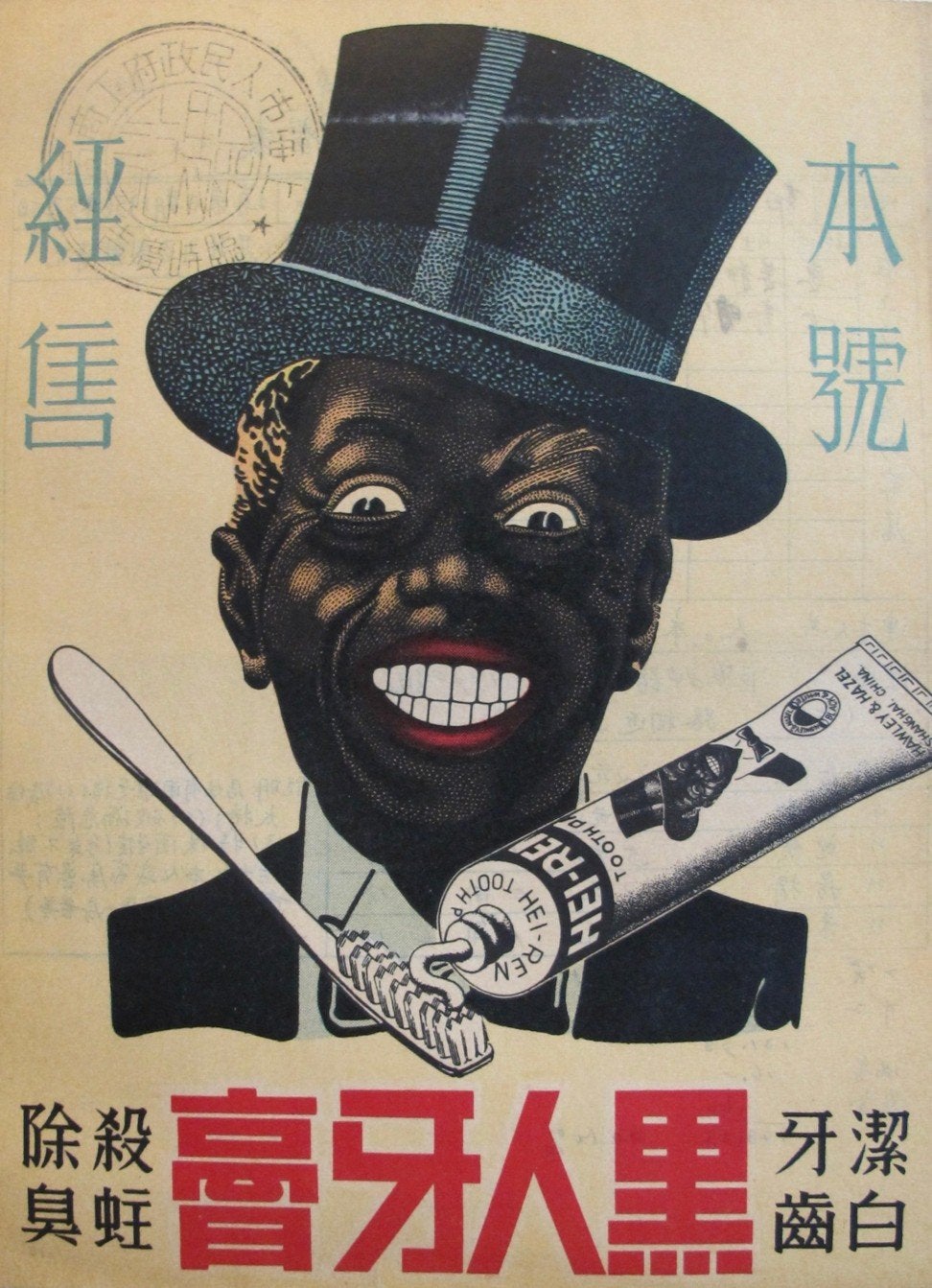
Created by the Hawley & Hazel Chemical Company, Darlie toothpaste was initially sold as Darklie toothpaste. ‘Darklie’ was actually an extremely racially charged slur that was often used during the Jim Crow era to refer to people of African descent.
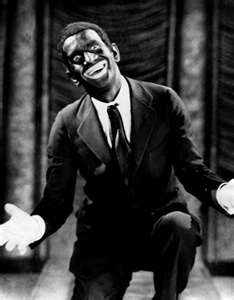
Promising to give consumers ‘dazzling white smiles’, a majority of the toothpaste’s branding surrounded the use of minstrel performers who painted their skin black, which often inadvertently highlighted their incredibly white teeth, according to South China Morning Post.
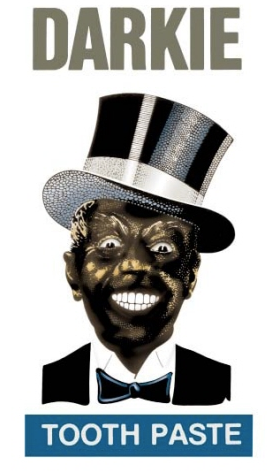
In 1989, Colgate agreed to rebrand the toothpaste and change the brand name from Darklie to Darlie, with its logo now featuring a more racially ambiguous man instead of a black man after acknowledging the racial undertones inherent to the brand’s name. But one thing remained: Darlie’s Mandarin name, which literally translates into ‘Black Man Toothpaste’.
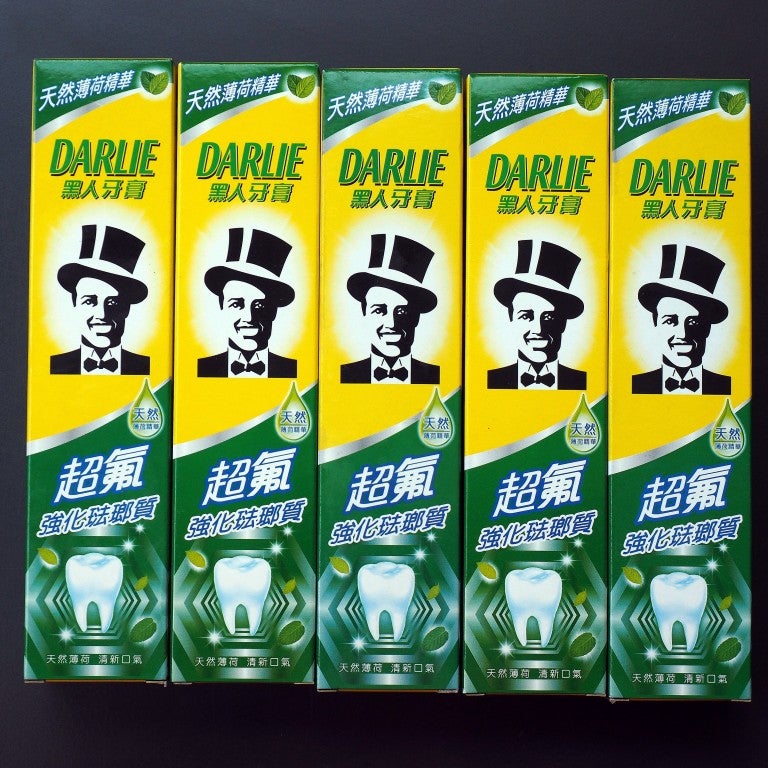
But all of that is about to change as just yesterday (18th June 2020), Colgate-Palmolive announced that they will be reviewing Darlie’s branding as part of its ongoing effort to stamp out elements of racism from its product lineup, reports Reuters.
“For more than 35 years, we have been working together to evolve the brand, including substantial changes to the name, logo and packaging,”
“We are currently working with our partner to review and further evolve all aspects of the brand, including the brand name,” a Colgate-Palmolive spokesman said.
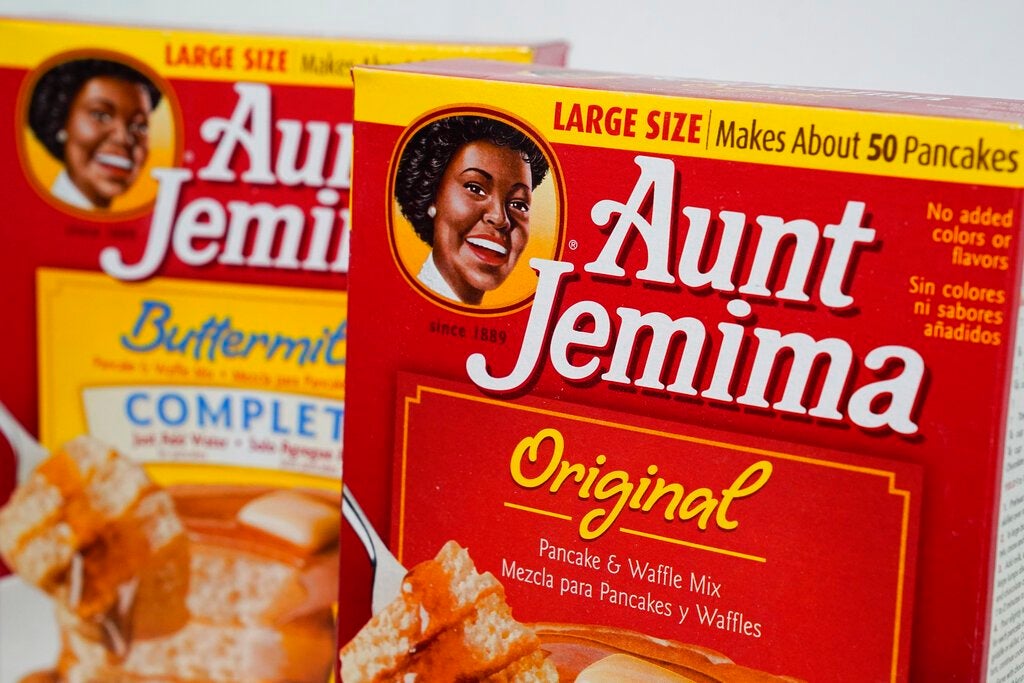
This follows after other companies have made drastic decisions to rebrand products that feature blatantly racist iconography, such as PepsiCo’s 130-year-old Aunt Jemima brand of condiments, which features a racist 19th-century stereotype of an affable black woman working as a nanny or cook to a white family, according to CNBC.
What do you guys think of this development?
Also read: Local Uni Receives Backlash For Huge Tone-Deaf Poster That Says ‘King Of Africa’

